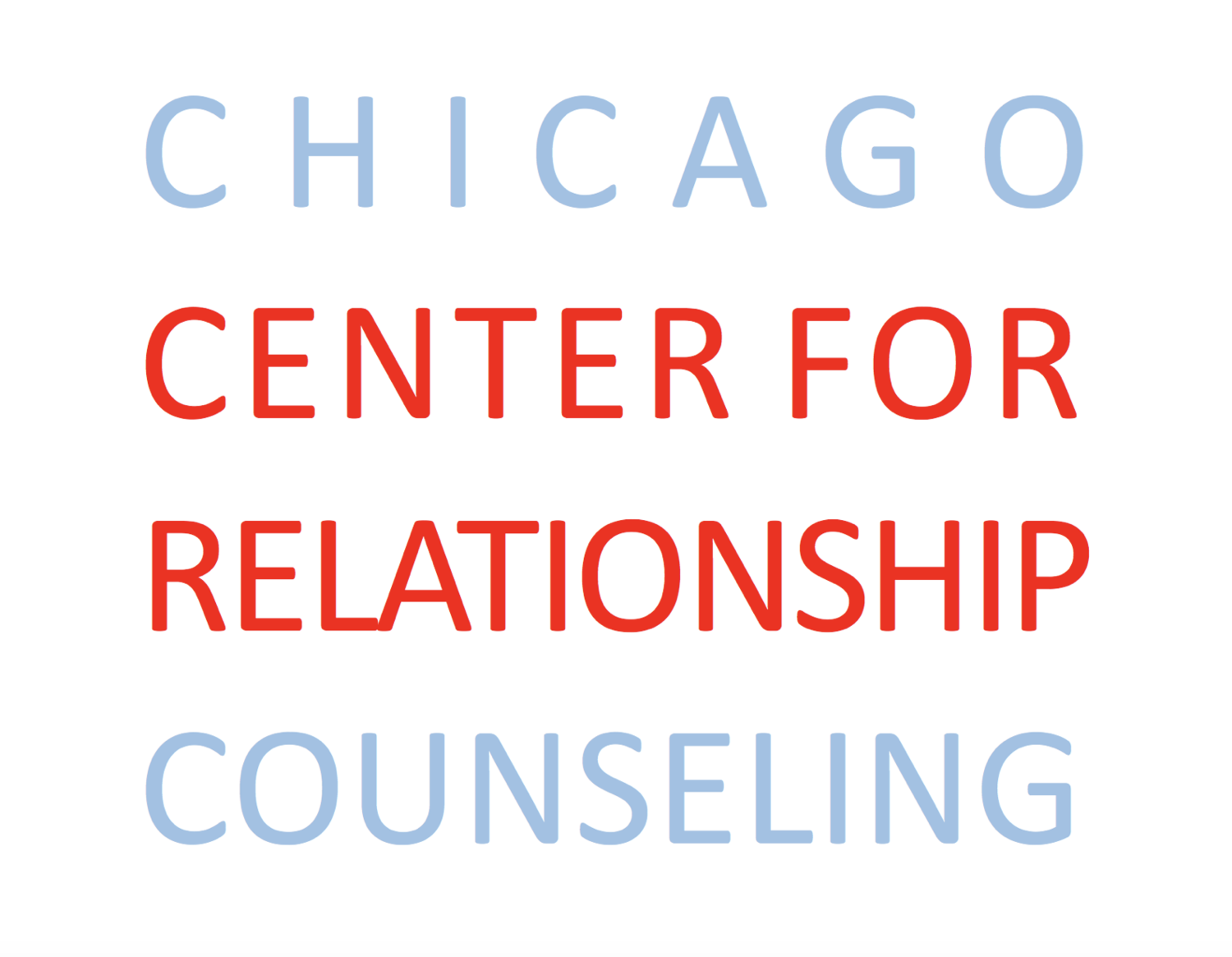How to Find the Right Fit in a Therapist
I am currently a client, therapist and intake coordinator and because of those roles have an appreciation for how difficult it is to find a therapist who is also a good fit for you. You have to navigate insurance/cost, scheduling, and a myriad of types of practitioners and models before you can even step inside a therapist's office. Now that difficult task gets even more daunting when you oftentimes can’t physically step inside any office due to the ongoing health crisis we are all facing. I hope my experience of the process can help make it a little more palatable for anyone who wants help.
The first thing to consider is how you will pay for sessions. Checking with your insurance company around your specific plan’s coverage can save you a lot of issues down the road. Here are some questions to consider/ ask your insurance company:
Does your plan cover mental health office visits/ teletherapy sessions? Is the coverage different for teletherapy?
Is there a copay/coinsurance that has to be paid each time?
Do you have to meet your deductible (paying full price) before your insurance will cover the sessions?
Is there a limit to how many sessions are covered/ do you need a referral/special permission before sessions are covered?
If you don’t want to use your insurance or don’t have good coverage, then there are out of pocket fees and sliding scale options. Therapists typically set their own hourly rate and thus there is much variance based on the therapist themself, where they practice and for how long they have been practicing. Some therapists also offer sliding scale/ reduced rates. If you don’t mind seeing a trainee/student therapist (who usually have lots of support from advanced therapists!) then look at training programs with clinics in your area. Often those students offer very reduced rate options. For example, our practice recently launched the Phoenix Clinic at CCRC which offers low cost sessions with graduate student interns.
Once you get a sense of your needs and options financially you can start to dig into what you want in your therapist. Is there a specific presenting problem that you want to address? Would you feel most comfortable with a therapist who identifies the same way you do? Are you seeking therapy for yourself, your relationship or your family? Some therapists do not have specific training in couples or family therapy while some therapists mostly focus on those areas. Does a specific model/stance stand out to you? Directories can be a great way to start to narrow down your search. Psychology Today and Therapy Den are general directories which can be searched by payment options, presenting problems, gender, race/ethnicity, etc. There are also more specific directories for individual models of therapy or identities (Black Mental Health Directory & Therapy for Latinx are great examples). You can often get a sense of a therapist's areas of interest/expertise and personal style from their bio. Find a few therapists who feel like that would be a good fit and also match your criteria for payment and location/teletherapy.
The success of the therapeutic process is a combination between what the client brings to the space, what the therapist brings and how those two offerings come together. It’s so important to feel that there is a good fit between you and your therapist. They could give you all the “right” tools or say the “right” things, but if you don’t trust them or connect with them it might not be as effective. So don’t be afraid to try on a therapist for size before deciding. Ask potential therapists if they offer consultation calls or can answer some questions via email about how they approach therapy. Have clear goals and advocate for them and for yourself. You don’t have to stick with a therapist or process that doesn’t feel safe for you, even if you’ve already been to a few sessions.
I vividly remember sitting in the waiting room before my first ever therapy session being completely filled with anxiety. Making it in that door is a huge success on its own, and some anxiety is very normal. In my experience, being prepared for the experience can help soothe your nerves. As a therapist, I typically use first sessions to gather information, assess fit and set goals for the process. So having a clear idea of what is currently affecting you and your goals for change can help guide that process. You can try to make (mental or physical) notes on things you would like to address in the time leading up to the session so you don’t feel overwhelmed and on the spot during it. Keep in mind that things do come up naturally over time, so try not to worry about squeezing absolutely everything in. You and your therapist can shift and focus on new topics/issues as time goes on.
I wish it was much easier to access qualified care, and know firsthand how frustrating the process can be. I hope this brief guide can help you find a therapist with whom you feel safe and connected.
Photo by Christina Morillo from Pexels



